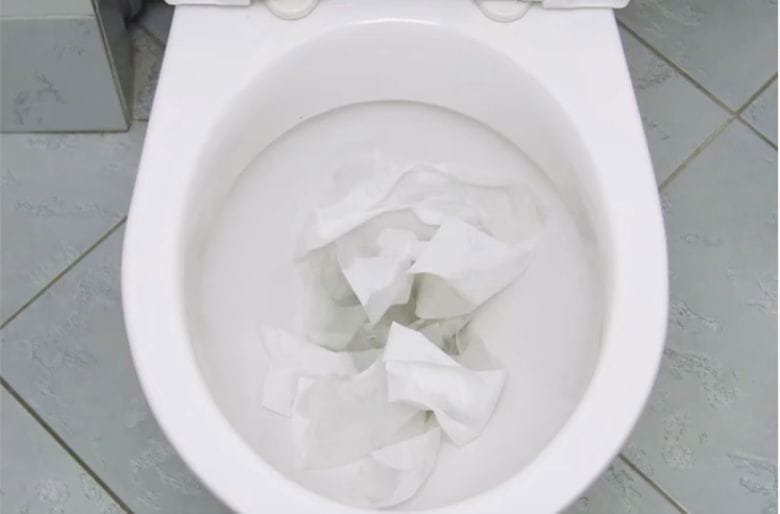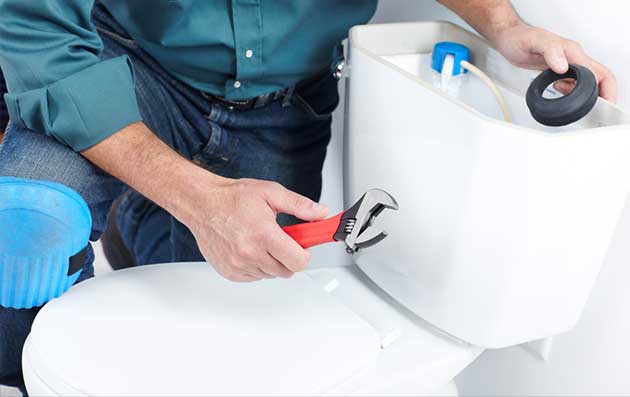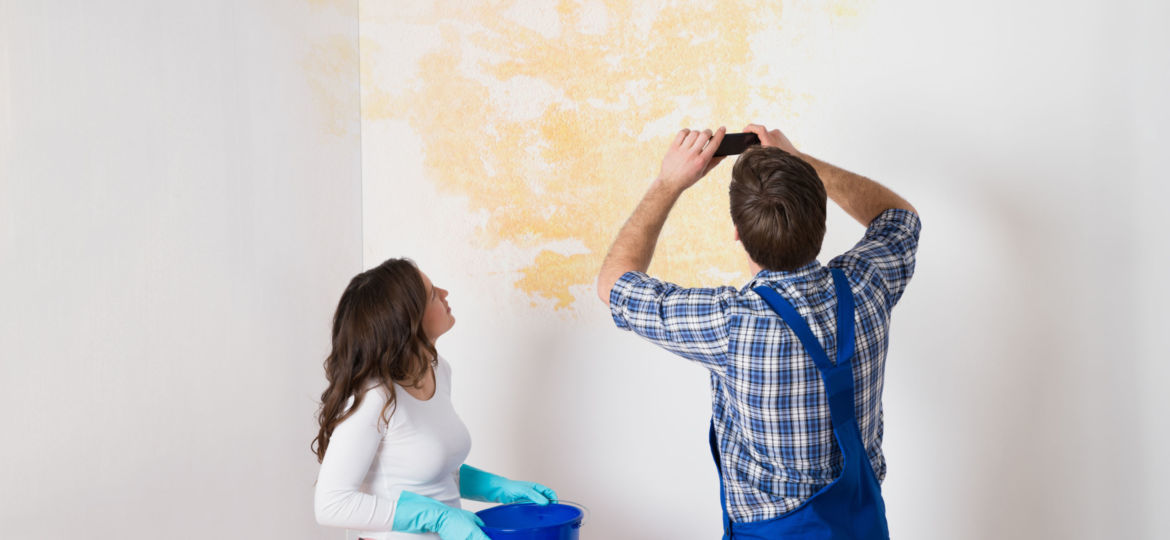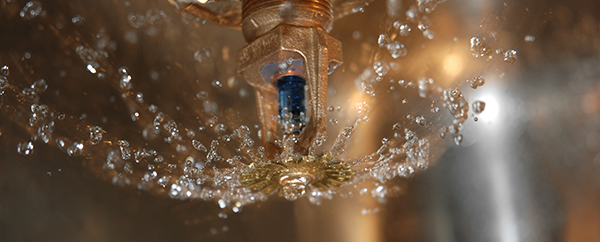On this page below yow will discover lots of great material on the subject of Clever Ways to Unclog a Toilet Without a Plunger.

When your toilet breakdowns and also clogs up, it is more than a small inconvenience. A connected toilet that backflows with filthy water is likewise horrible and dangerous to your wellness. On top of that, it disrupts your home totally due to the fact that every person needs access to the bathroom throughout the day. Luckily, you can still try to get rid of the clog on your own with these helpful pointers:
Just how To Unblock the Toilet Without a Plunger
The best method to manage a clogged up commode is to use a plunger but there may be circumstances where you do not have accessibility to one. If If the commode is obstructed and also you don't have a plunger handy, have no fear. There is greater than one way to clean out the bathroom as well as a few of these means consist of common household products that you most likely currently have. If an obstruction is particular frustrating, you might require to make use of a drainpipe serpent to unblock it. However these natural home remedy will certainly assist push with a few of the much more minor blockages you're likely to experience.
Use vinegar and Baking Soda
Trusty house staples like vinegar and also cooking soft drink will certainly be available in helpful. Besides using them for food preparation cleansing surfaces as well as working as deodorizers, these 2 wonder substances can remove blockages well. Most importantly, they are non-toxic and also will certainly leave your toilet smelling fresh and clean. Here's what you require to do:
- Put a mug of baking soft drink into the commode
- Gather two mugs of vinegar
- Enjoy the carbonated actions as they pour bubbles
- Flush the toilet
- You might require to repeat the process a couple of times till the blockage is completely gone. The chemical reaction the arise from integrating these two will function well in softening blockages.
Try Ordinary Recipe Soap and also Hot Water
Boil one gallon of warm water in your kettle. Next, put some nice-smelling fluid dish soap onto your bathroom. When the water boils, pour it carefully right into the bathroom. Wait for about 15 mins for this concoction to work its magic. The warm water and also soap are intended to soften the clog. Alternatively, you can utilize your shampoo, also. Hereafter treatment, you need to be able to flush the commode without worries.Purchase a Toilet Snake
A commode snake is a relatively affordable apparatus in your equipment store. Most importantly, any individual can use it, even a person who isn't a handyman. All you require to do is jab the device in the toilet to unclog it. However, it can obtain really unpleasant since you have to utilize your hands and also bend down to reach the blockage.Get a Bettor
The plunger is the primary tool for unclogging commodes. In fact, every house should have one because they function so efficiently. First, see to it you get a huge adequate size to cover the hole in your bathroom. After that, put the bettor as well as delicately push it down first to get rid of air. This develops the suction you need to remove the obstruction. Once you've obtained an excellent seal, you can plunge down powerfully. If you're dealing with unclean water, placed on gloves, mask, goggles, as well as wear old garments in case you get sprinkled. You might need to pump the bettor several times up until the clog loosens up and also the flow is brought back.Put Household Bleach as well as Powdered Soap
Bleach like Clorox succeeds to break down waste. Just follow the dish soap directions. Change the soap with 3 mugs of bleach. After a couple of minutes, gather powdered soap. Await 15 minutes as well as purge the commode. This blend will certainly help break down any type of waste and also clear the clogged up toilet.Add Warm Water
If recipe soap alone doesn't do the trick, including water could relocate things along. Fill a pail with hot bath water (boiling water might create a porcelain commode to crack) and pour the water right into the commode from waist level. The force of the water might remove the cause of the clog.Require Expert Aid
While the remedies over are trustworthy and also helpful, they may be rather untidy if you've got a stubborn blockage that will not move. The most effective point to do in this circumstances is to call a specialist plumber. They can manage your clogged toilet and evaluate your drain system with a sewer video camera evaluation to see if you've got any type of bigger problems.
7 Ways to Unclog a Toilet
The Old Stand By – The Plunger
Every household should have a plunger. Why? Because a plunger is the best way to unclog a toilet. A house without a plunger is a house that should have had one if there is a clogged toilet.
Believe it or not, there are many different types of plungers While flat plungers are fine for flat surfaces around shower or sink drains, a plunger with a flange is better designed to unclog toilets.
There is an art to effective toilet plunging. To achieve best results, follow these steps:
Put the plunger in the toilet bowl and push down gently until you achieve a good seal. The first push is to get rid of the air. If you push too forcefully, you could splash dirty water upon yourself.
Now that you have a good seal, pump the plunger up and down with some force, but make sure you maintain the seal.
Finally, pull the plunger up to break the air seal. The water should rush down the drain.
If this has not fixed the clog, repeat these steps until the clogged has loosened.
Once you’ve unclogged your toilet, put the plunger someplace where you can easily find it again. Because there’s always next time!
No Tools Required – Baking Soda and Vinegar
- Add one cup of baking soda to the clogged toilet.
- Wait two minutes.
- Slowly pour two cups of vinegar into the toilet. Baking soda and vinegar react to cause bubbles, so be sure to pour slowly and carefully so that the toilet water does not splash or overflow.
- Allow the vinegar and baking soda mixture to work for several minutes.
- Flush the toilet to see if the clog has cleared.
Nothing to be afraid of – The Plumbing Snake
- Place the head of the augur in the toilet bowl.
- Slowly turn the handle of the augur clockwise.
- When you feel resistance, wind the snake back.
- Flush the toilet to see If the clog has loosened.
- If the toilet is still clogged, wind the snake back in and repeat until the clog is broken up and the toilet flushes easily.
Heat it Up – Dish Soap and Hot Water
- Put one gallon of hot water on the stove to heat up.
- While the water is heating up, squirt some dish soap into the toilet.
- When the water is very hot, but not boiling, carefully pour it into the toilet.
- Wait several minutes while the hot water and dish soap soften the clog.
- The toilet should now be unclogged and flushing freely.

I hope you liked our part about Reasons Your Toilet Keeps Clogging. Many thanks for taking a few minutes to browse our posting. Are you aware of another individual who is sincerely interested in How to Unclog a Toilet ? Be sure share it. Many thanks for your time. Visit again soon.
Call Today




